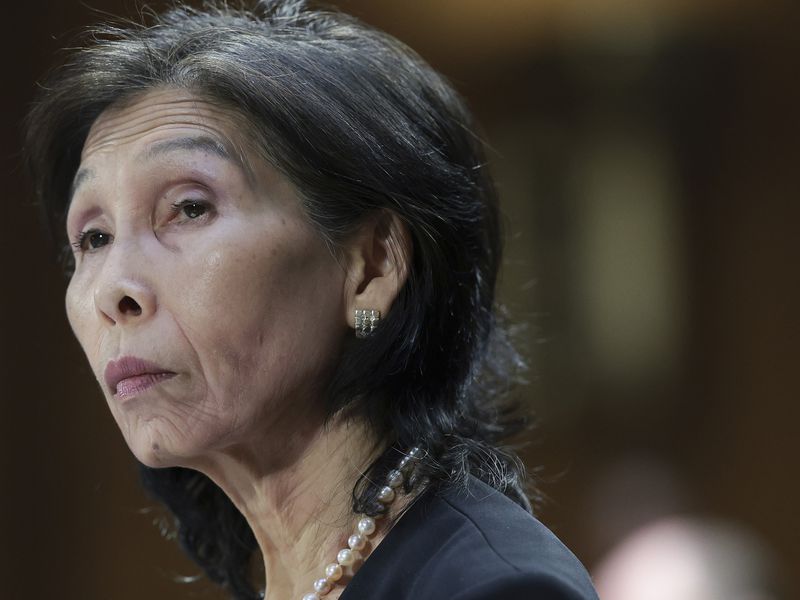IRS Shares New Crypto Tax Form, Invites Industry Input
-
The new U.S. tax form for crypto investors’ brokerage accounts is out, and it’s been narrowed in significant ways from an earlier version.
-
Crypto’s 1099 form will “bring more ease and clarity” for those paying U.S. crypto taxes, according to IRS officials.
The U.S. Internal Revenue Service (IRS) has released an updated draft version of the tax form crypto brokers and investors will use to report proceeds from certain transactions, the 1099-DA.
Beginning in 2026, crypto investors who use brokers – which, for now, largely means centralized crypto exchanges like Coinbase and Kraken – will receive the 1099-DA from those brokers to report certain crypto sale and exchange transactions to the IRS as taxable events.
The updated version of the 1099-DA released Friday is more streamlined than the first draft of the tax reporting form floated by the IRS in April. The spaces for investors to write in their wallet addresses and transaction IDs – which raised significant privacy concerns when the form was first unveiled – have been removed. There is also no longer a requirement to include the time of the relevant transactions, just the date.
The original form also included a box asking the filer to identify which type of broker they are, including “kiosk operator,” “digital asset payment processor,” “hosted wallet provider,” “unhosted wallet provider,” and “other” as the options. That box is no longer included on the updated version of the form.
The updated form is “massively improved/less burdensome and requires considerably less data reporting,” wrote crypto lawyer Drew Hinkes, a Miami-based partner at law firm K&L Gates, on X.
Thisdraft of the 1099-DA comes two months after the IRS released its finalized regulations for crypto broker reporting requirements. The IRS has said that it plans to provide rules for decentralized and non-custodial brokers in a different set of regulations later this year.
“The new Form 1099-DA will help taxpayers comply with the complex world of digital assets,” said IRS Office of Digital Asset Initiative Directors Raj Mukherjee and Seth Wilks in an emailed statement. “It complements the 6045 broker regulations released recently and provides a vehicle in which taxpayers can report their in-scope digital asset gains and losses, starting in tax year 2025. This is an important step forward in the digital asset information reporting and will bring more ease and clarity to that process.”
The public has 30 days to provide the IRS with comments about the proposed 1099-DA.








